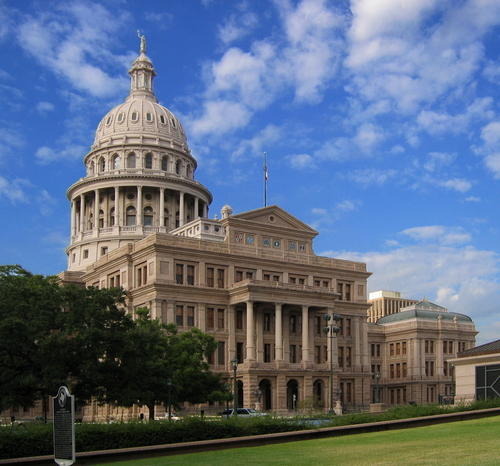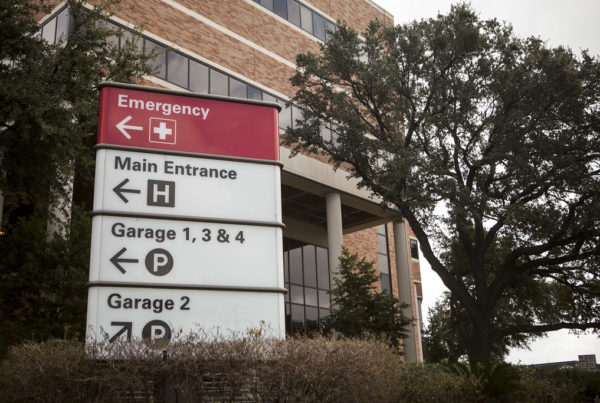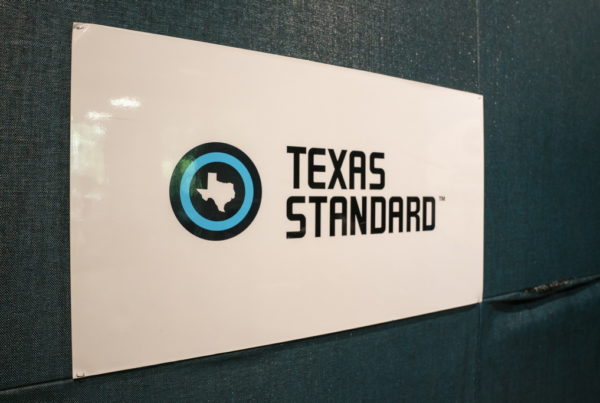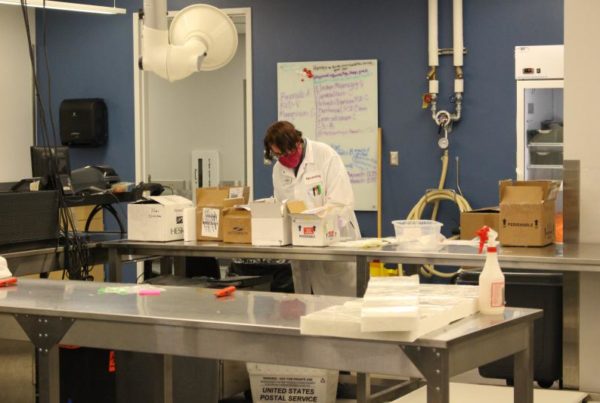Texas Comptroller Glenn Hegar says coronavirus-related business closures and decreases in oil and gas tax revenues will mean a $4.6 billion shortfall to the state’s two-year budget which now stands at $110 billion.
Sales tax revenues were the hardest hit by the pandemic.
“That’s the biggest impact,” Hegar said. But a fall in oil production and fuel prices were also big factors.
“The dual headwinds of lower oil prices, production volumes and unfortunately, the global pandemic, has impacted the state revenues just almost like anybody else across the entire world,” Hegar said.
The comptroller pointed to a few bright spots.
“We have several tools in our tool box to be able to manage through this,” Hegar said.
State agencies have been asked to rein in their own expenses by five percent. They’re doing that by freezing open positions and delaying larger purchases.
And Hegar’s revised budget does not include savings made by those reduction or federal dollars coming into the state.
There’s also the state’s so-called rainy day fund, a reserve designed to be tapped in times of severe economic downturns.
Right now there’s $8.7 billion in the state’s Economic Stabilization Fund. The Texas Legislature, which meets starting next January could vote to tap into that fund to offset any budget shortfall.
Web story by Terri Langford.














